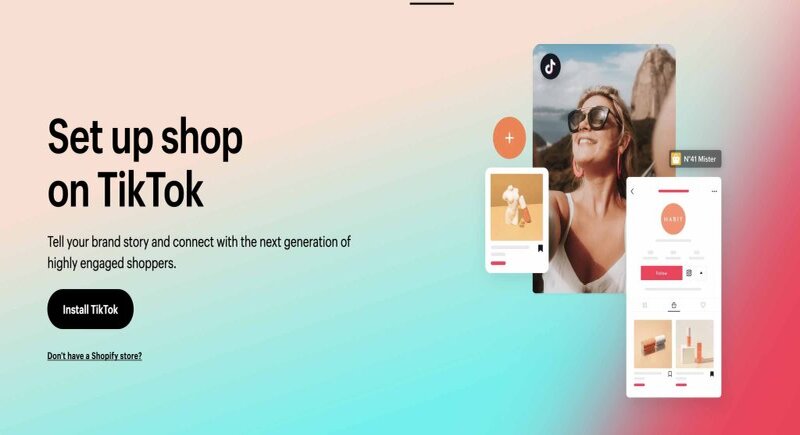
Platforms like TikTok have developed as significant tools
for content producers, influencers, and companies in the ever-changing digital
ecosystem. TikTok has become a centre for creativity, entertainment, and, more
lately, business, thanks to its short-form video content and diverse user base.
But many entrepreneurs are wondering if they can sell digital products on TikTok.
TikTok, well known for its 15-second dance and lip-sync
videos, has grown tremendously since its beginnings. Recognising the potential
for e-commerce, the platform has added capabilities that enable companies and
content providers to monetise their work.
TikTok Shopping allows customers to link their Shopify
businesses, showcase items immediately within the app, and drive revenue
through in-app transactions. This seamless connection has opened avenues for
physical product vendors, but what about digital products dealers?
Digital items such as e-books, online courses, software, and
digital art have grown in popularity in recent years. Many entrepreneurs find
them appealing because of their intangibility, fast delivery, and typically
cheaper overhead expenses. TikTok appears to be a potential medium for selling
digital items, given its large viewership and the impulse-driven mentality of
its users.
Nothing prevents a vendor from displaying a digital goods on
their linked Shopify site and marketing it on TikTok. When a consumer clicks on
a product link in a TikTok video, they are sent to the Shopify checkout page,
where they may complete their purchase. After purchase, the digital goods can
be sent through email or a download link, just like any other online retailer.
However, there are several things to bear in mind. To begin
with, TikTok's audience is mostly interested in entertainment. This means that,
while individuals may be more likely to make spontaneous purchases of actual
physical objects, marketing intangible digital products may necessitate a more
deliberate approach.
It might be difficult to demonstrate the value of a digital
product, especially in a short video format. Sellers would have to go beyond
the box to highlight the benefits, features, and usability of their digital
services.
Second, trust is essential in the acquisition of digital
products. Buyers rely significantly on reviews, testimonials, and the seller's
reliability because they cannot physically touch or feel the product. TikTok
may assist create trust by using user-generated material, displaying
testimonials, or providing sneak peaks into the digital product.
To summarise, while TikTok's purchasing component largely
caters to physical things, there is no tangible barrier blocking the selling of
digital products. Entrepreneurs may leverage TikTok's large user base to
advertise and sell their digital services with the correct plan, awareness of
the platform's audience, and a dash of creativity.
Since with any platform, being up to current on TikTok's
regulations and features is critical, since the platform is always changing and
may add more direct ways to cater to digital goods merchants in the future.